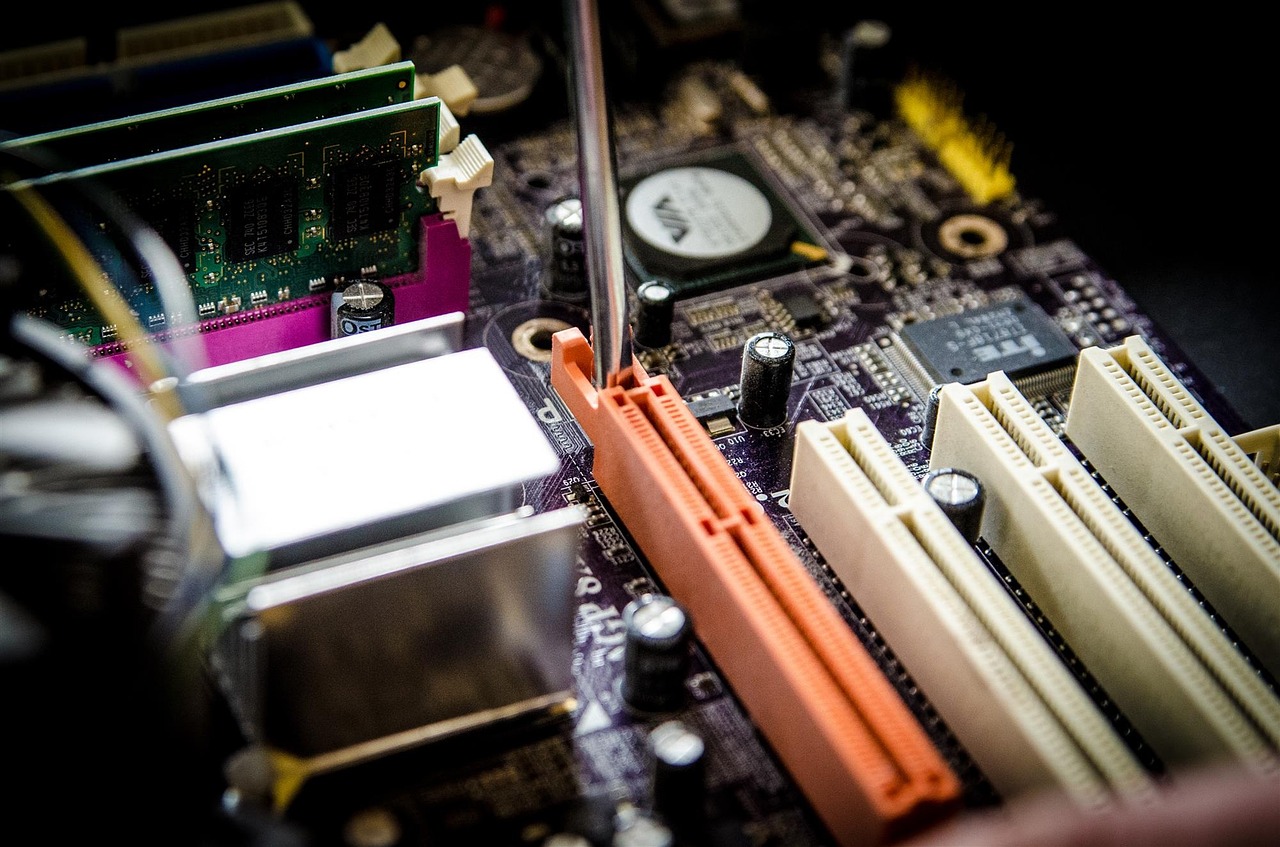The Future of Entertainment Technology
Virtual Reality (VR) technology has been making significant strides in recent years, offering immersive experiences across various industries. One of the emerging trends in VR is the advancement of tetherless headsets, providing users with more freedom of movement and reducing the restrictions of being physically connected to a computer or console. This development is enhancing the overall VR experience by creating a more seamless and interactive environment for users to explore and engage with.
Another notable trend in the VR space is the growing focus on social interactions within virtual environments. Companies are increasingly prioritizing multi-user experiences that allow individuals to connect with others in real-time, fostering a sense of community and camaraderie in the virtual world. This emphasis on social VR is revolutionizing how people interact and collaborate, opening up new possibilities for communication and collaboration beyond physical boundaries.
• Tetherless headsets are advancing VR technology by providing users with more freedom of movement
• Social interactions within virtual environments are becoming a key focus in the VR space
• Multi-user experiences are on the rise, allowing individuals to connect with others in real-time
• Emphasis on social VR is changing how people interact and collaborate in virtual worlds
Artificial Intelligence in Gaming
Artificial Intelligence (AI) has become a game-changer in the gaming industry, revolutionizing how players interact with virtual worlds. AI algorithms are now being used to enhance the realism and complexity of in-game characters, creating more dynamic and engaging gameplay experiences for users. From intelligent enemies that adapt to players’ strategies to virtual companions that react to emotions, AI technology is paving the way for immersive gaming experiences like never before.
One of the most notable advancements in AI in gaming is the development of procedurally generated content. This technique allows game developers to create vast, procedurally generated worlds that are unique in every playthrough, providing endless possibilities for exploration and discovery. By leveraging AI algorithms to dynamically generate in-game content, developers can offer players a more personalized and replayable gaming experience that keeps them coming back for more.
Impact of Augmented Reality on Entertainment
Augmented Reality (AR) is revolutionizing the entertainment industry by merging virtual elements with the real world, offering audiences immersive and interactive experiences like never before. By overlaying digital information onto physical surroundings, AR has opened up new avenues for storytelling, gaming, and live events. This technology has allowed users to engage with entertainment in a more dynamic and engaging way, blurring the lines between the virtual and real domains.
One significant impact of AR on entertainment is the rise of location-based experiences, where users can interact with digital content in specific physical locations. This has transformed the way audiences engage with their surroundings, creating a more personalized and interactive entertainment experience. From AR-enhanced live shows to gaming experiences that unfold in real-world settings, AR is reshaping the entertainment landscape and providing new opportunities for creators to captivate and engage audiences in innovative ways.
What are some examples of emerging trends in virtual reality?
Some emerging trends in virtual reality include immersive storytelling experiences, virtual concerts and events, and virtual theme park attractions.
How is artificial intelligence being used in gaming?
Artificial intelligence is being used in gaming to create more realistic NPCs (non-playable characters), improve in-game decision-making processes, and enhance player customization options.
How does augmented reality impact the entertainment industry?
Augmented reality has the potential to revolutionize the entertainment industry by allowing for more interactive and immersive experiences, such as augmented reality games, live performances, and virtual tours.
Can augmented reality be used in other sectors besides entertainment?
Yes, augmented reality can be used in a variety of sectors, including education, healthcare, retail, and manufacturing, to enhance training, improve customer experiences, and streamline operations.





